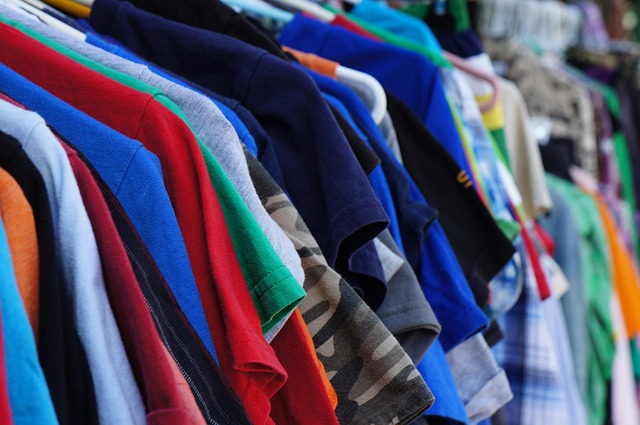Improper management of yard waste like grass clippings, leaves, and branches can harm the environment. However, Yard Waste Removal and Recycling through composting, collection services, or chipping reduces environmental impact by turning waste into resources. Home composting or using local drop-off centers enriches soil, saves costs, and promotes a sustainable lifestyle. Upcycling yard debris like dried grass, leaves, wood chips for mulch or natural play areas offers eco-friendly alternatives, keeping organic matter out of landfills.
Lawn debris management doesn’t have to be a chore. With proper understanding and efficient strategies, you can ensure a greener approach to yard waste removal and recycling. This comprehensive guide breaks down the types of yard waste, their impact on the environment, and offers creative solutions for transforming lawn debris into valuable resources. Discover simple yet effective disposal methods and innovative ideas for a sustainable yard care routine.
- Understanding Yard Waste: Types and Their Impact
- Efficient Disposal Methods for a Greener Approach
- Creative Recycling Ideas to Transform Lawn Debris
Understanding Yard Waste: Types and Their Impact

Yard waste, encompassing a diverse range of materials, includes grass clippings, leaves, branches, and plant debris. These seemingly harmless remnants of lawn care and gardening can significantly impact the environment if not properly managed. Grass clippings, for instance, contribute to nutrient-rich compost when recycled, but improperly disposed of clippings can lead to water pollution by blocking sunlight and depleting oxygen in local water bodies. Similarly, leaves and branches, if left to accumulate, can hinder water flow, promote mosquito breeding, and contribute to urban heat islands during summer months.
Effective yard waste removal and recycling practices are vital for minimizing these environmental impacts. Simple measures such as composting organic materials, utilizing dedicated collection services, or employing chippers for larger debris can transform what was once considered waste into valuable resources. By embracing these sustainable solutions, property owners not only reduce their environmental footprint but also contribute to a healthier local ecosystem.
Efficient Disposal Methods for a Greener Approach

In today’s eco-conscious world, efficient disposal methods for lawn debris are more important than ever. Simply throwing away grass clippings and other yard waste isn’t sustainable. Incorporating recycling and composting practices not only reduces landfill waste but also enriches soil, promoting healthier plants. Yard Waste Removal and Recycling can take various forms, from home composting to local drop-off centers that process materials into valuable resources like mulch or biofuel.
These greener approaches not only benefit the environment but also save time and money for homeowners. By adopting these practices, folks can transform their yard waste into a beneficial resource, fostering a sustainable lifestyle and contributing to a cleaner, more vibrant landscape.
Creative Recycling Ideas to Transform Lawn Debris

Transforming lawn debris into creative materials is an innovative way to reduce yard waste removal and recycling efforts. Instead of sending clippings, leaves, and trimmings to landfills, consider upcycling them. For instance, dried grass and leaf mulch can be used as natural insulation in garden beds or as a base for compost piles. This reduces the need for chemical fertilizers and keeps organic matter out of landfills.
Wood chips from pruned branches and trees can be utilized as a versatile ground cover or path filler. They also make excellent material for creating natural play areas in your yard, promoting an eco-friendly outdoor experience. These creative recycling ideas not only minimize the environmental impact of yard waste but also encourage a more sustainable approach to gardening and landscape maintenance.
In conclusion, managing lawn debris doesn’t have to be a challenge. By understanding the types of yard waste and their environmental impact, we can adopt efficient disposal methods and creative recycling ideas that promote a greener approach. Implementing these practices not only reduces waste but also contributes to a healthier planet. So, let’s take simple steps towards sustainable Yard Waste Removal and Recycling, ensuring our outdoor spaces remain vibrant and our communities environmentally conscious.
